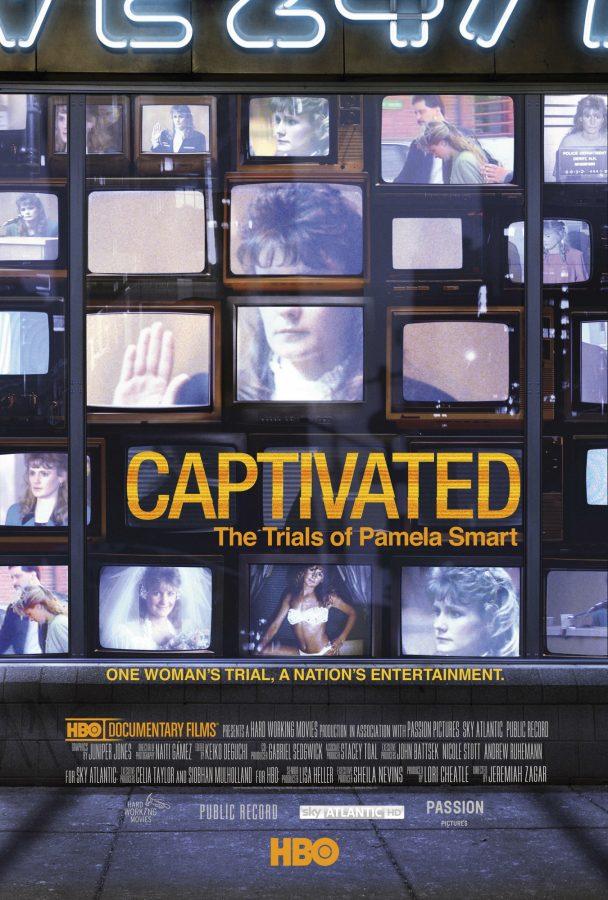The University of Massachusetts Boston Film Series continues its event with a very gripping documentary about the trial against Pamela Smart, a young woman convicted of conspiring with her 15-year-old lover in the murder of her husband. The early 1990s case became national entertainment as it was the first trial to ever be televised and showed real life play out on real time. It set a precedent of modern day reality TV. The film gives the viewers a lot of information about the attention that Smart was given leading up to and during her trial. Every outlet of media — news coverage, television, magazines, even in books and films — had their eye on this murder case and on Smart.
The film is very eye-opening as it emphasizes the effect that the media had on the people involved in the case. Before the trial even started, the pubic already believed Smart to be guilty through what she was portrayed to be in newspapers and magazines.
It was surprising even to watch the film discussing how the judge of the trials may have formed a biased opinion of Smart as well. The disgrace and mark of guilt that surrounded Smart was so famous that authors and filmmakers made her into popular entertainment. One of which was a book, and film starring Nicole Kidman, both called ”To Die For.” The story follows a cold-hearted woman who seduced a young boy into committing murder. It seemed so compelling and true that people associated the character to whom Smart actually is, which Smart said is the reason that prevents her from ever getting a fair trial.
The director, Jeremiah Zagar, was able to interview Smart to discuss her side of the story. She was articulate, funny, intelligent, and determined. But in front of the camera, she’s wooden and forced. The photographers and TV crew in the courtroom clearly took a toll on Smart, revealing how being in the center of the media’s attention can bring out the worst in people.
Zagar’s film ”Captivated: The Trials of Pamela Smart” takes the audience back 20 years to show the beginnings of Smart’s personal life being damaged by media and by the people consuming it. What is so special about the film is that people now can still learn a lesson from the case. The film concludes that the people seen on TV are not even people, they are just images. A very important piece for anyone relying on news and TV– this documentary is highly recommended to see.
Next to screen at the Campus Center Ballroom is Darius Clark Monroe’s Evolution of a Criminal, a story about the director’s past as a 16-year old robbing a bank to help his family make ends meet and his return to his hometown to unravel the effect of his crime on the people of the town. The film is screening at 7:00 p.m. on Nov. 20. All are welcome to attend.

